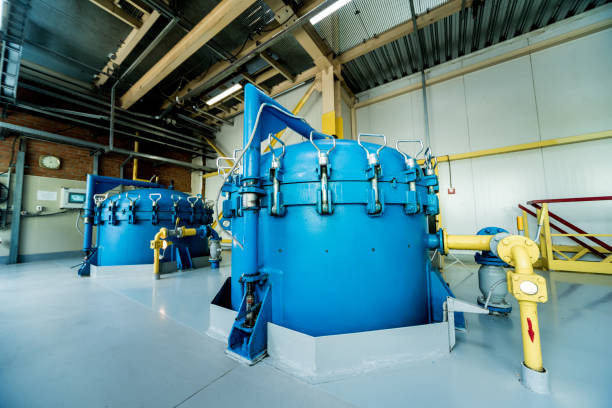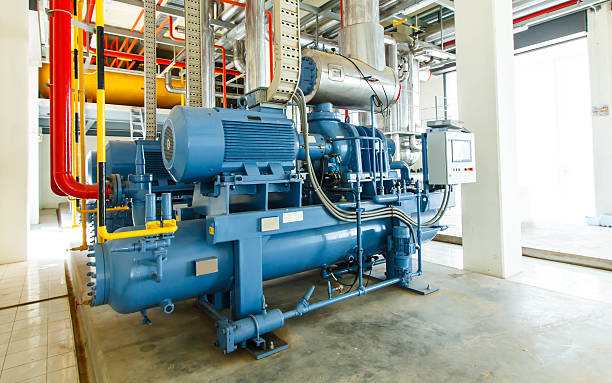Introduction:
Boilers are the unsung heroes of countless industrial processes, providing the energy needed for
everything from power generation to heating and cooling systems. However, the harsh operating
conditions within boilers can lead to corrosion, scale buildup, and reduced efficiency. Enter boiler
treatment chemicals—the specialized solutions that play a pivotal role in maintaining boiler health
and maximizing its performance. As a subject matter expert, I’m here to guide you through the
world of boiler treatment chemicals and their indispensable role in industrial operations.
The Importance of Boiler Treatment Chemicals:
Boilers are exposed to high temperatures, pressure, and varying water quality, making them
susceptible to corrosion, scale, and microbial growth. Boiler treatment chemicals are formulated
to address these challenges by preventing and mitigating these issues, ultimately ensuring
efficient and safe boiler operation.
Types of Boiler Treatment Chemicals:
- Corrosion Inhibitors: These chemicals form a protective layer on metal surfaces,
preventing corrosion caused by the interaction of water, oxygen, and metal. They are crucial for
extending the lifespan of boiler components. - Scale Inhibitors: Scale build-up from minerals in the water can decrease heat transfer
efficiency and damage the boiler. Scale inhibitors prevent the formation of these deposits,
maintaining optimal heat exchange. - pH Adjusters: Balancing the pH of the water is vital for preventing corrosion and scale
formation. pH adjusters maintain the water within the recommended pH range, minimizing the
risk of damage. - Oxygen Scavengers: Oxygen in water can lead to corrosion, especially in high-temperature
systems. Oxygen scavengers remove dissolved oxygen, safeguarding against rust and
deterioration. - Biocides: Microbial growth in boilers can lead to fouling and corrosion. Biocides control
bacteria, algae, and fungi to maintain water quality and prevent operational issues.
Benefits of Proper Boiler Treatment: - Enhanced Efficiency: Scaling reduces heat transfer efficiency, leading to increased energy
consumption. Proper treatment reduces scaling, ensuring optimal heat exchange and energy
savings. - Extended Lifespan: Effective corrosion inhibition and scale prevention extend the lifespan
of boiler components, reducing the need for frequent repairs or replacements. - Minimized Downtime: Boilers operating at peak efficiency experience fewer breakdowns
and downtime, improving overall operational continuity. - Compliance: In various industries, compliance with water quality regulations is essential.
Proper treatment helps meet regulatory standards and avoid penalties.
Application Considerations: - Chemical Compatibility: Carefully select treatment chemicals that are compatible with the
materials of construction in your boiler system. - Water Quality: Assess the water source and quality to determine the appropriate treatment
chemicals and dosing levels. - Regular Monitoring: Regular water testing and monitoring help maintain proper chemical
dosing levels and adjust treatment programs as needed.
Conclusion:
Boiler treatment chemicals are the unsung guardians of industrial processes, ensuring the
smooth and efficient operation of boilers. From preventing corrosion and scale to controlling
microbial growth, these chemicals are integral to maintaining boiler health, safety, and longevity.
By understanding the types of boiler treatment chemicals and their benefits, industries can
optimize their boiler systems and reap the rewards of enhanced efficiency, reduced downtime,
and improved operational reliability. As subject matter experts, it’s our responsibility to champion
the use of these chemicals and empower industries to harness the full potential of their boiler
systems.




